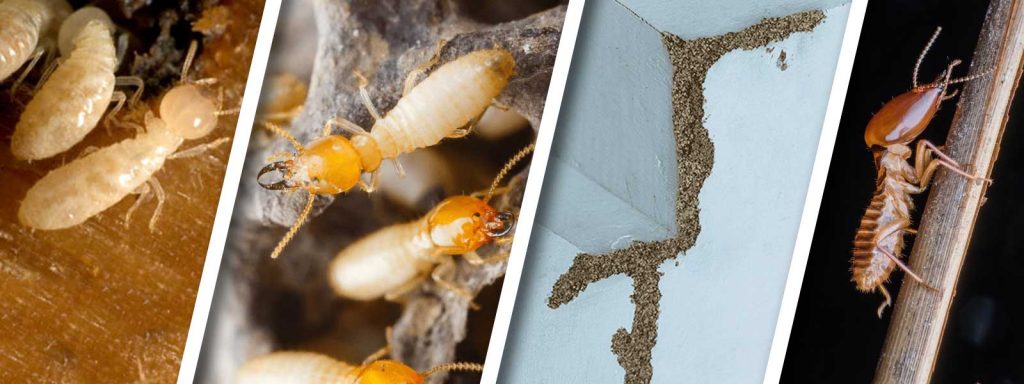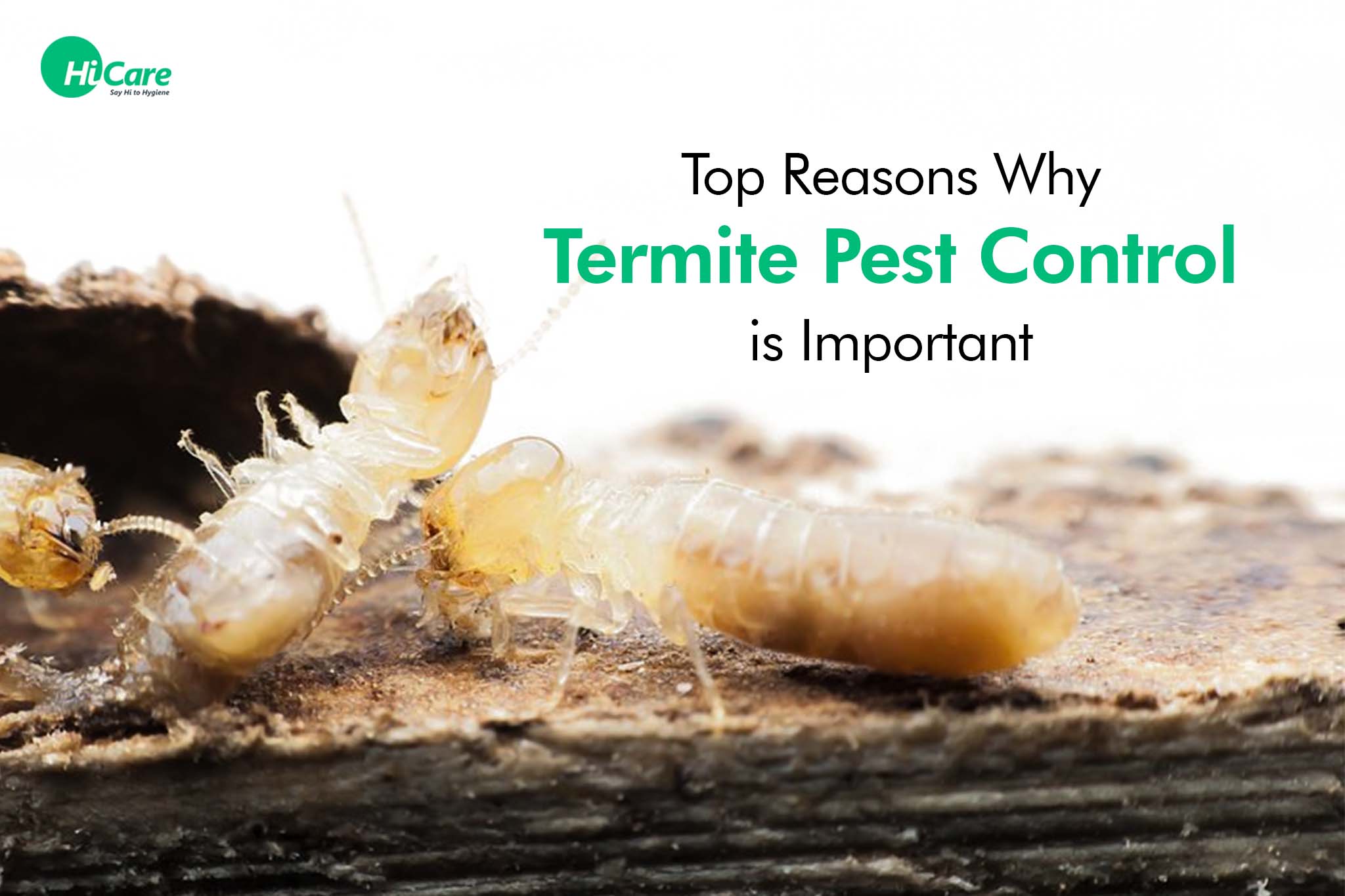Effective Ant Control: Professional Services to Eliminate Ant Infestations
Effective Ant Control: Professional Services to Eliminate Ant Infestations
Blog Article
Ecological Effect of Parasite Control: Balancing Effectiveness With Sustainability
The ecological effect of insect control is an important concern that calls for a delicate equilibrium between achieving efficiency in guaranteeing and handling pests sustainability of our ecosystems. From the usage of dangerous chemicals that permeate right into our dirt and water to the unexpected consequences on non-target types, the consequences of standard bug control methods are far-reaching.
Hazardous Chemicals in Bug Control
The usage of harmful chemicals in pest control presents considerable ecological and health and wellness dangers that call for cautious factor to consider and reduction approaches. Herbicides, insecticides, and chemicals are frequently utilized to eliminate pests, but their widespread application can lead to unintentional repercussions. These chemicals can contaminate dirt, water resources, and the air, influencing not just the targeted parasites however likewise useful insects, wild animals, and people.

To attend to these dangers, incorporated insect management (IPM) strategies are being promoted as a more sustainable option. IPM involves a mix of methods such as biological control, environment control, and the targeted usage of chemicals as a last resource (ant control stephens nc). By embracing an alternative technique to pest control, we can reduce the environmental and wellness effects related to dangerous chemicals while successfully taking care of pest populaces
Influence On Non-Target Variety
Considering the unintended consequences of insect control techniques, the impact on non-target types is a critical element that needs thorough analysis. While bug control procedures intend to target specific bugs, various other organisms in the environment might be inadvertently influenced. Non-target types, including helpful pests, birds, mammals, and even plants, can endure straight or indirect damage from chemical applications or biological control methods.
Pesticides can have deadly or sub-lethal results on non-target varieties. For instance, insecticides developed to battle a particular bug pest might hurt pollinators like bees or natural killers such as ladybugs. Additionally, chemical residues can build up in the setting, impacting non-target organisms gradually. Biological control agents, if not species-specific, can pose dangers to unplanned targets, interrupting the environmental equilibrium.
To reduce the influence on non-target types, integrated pest administration (IPM) approaches that highlight an all natural technique to pest control are suggested. These techniques focus on making use of eco-friendly methods, reducing injury to useful microorganisms while successfully handling pest populations. Conducting extensive risk analyses and checking the results of parasite control efforts are necessary actions in securing non-target types and advertising general community health and wellness.
Soil and Water Contamination
Unplanned ecological repercussions of bug control techniques expand past impacting non-target types, with considerable ramifications for soil and water contamination. Chemicals, herbicides, and chemical fertilizers utilized in parasite control can seep right into the soil and contaminate groundwater, posing a hazard to both try these out aquatic and terrestrial environments. Dirt contamination can disrupt the balance of microorganisms crucial for vitamins and mineral biking and plant development, resulting in reduced dirt fertility and performance. These chemicals can linger in the setting for prolonged durations, building up in the dirt and potentially entering the food chain.
Water contamination is an additional important issue connected with insect control practices. To minimize dirt and water contamination from pest control tasks, incorporated bug management approaches that prioritize sustainability and minimize chemical inputs are important.
Air Pollution From Pesticide Usage
Exposure to air-borne pesticides throughout agricultural applications poses a significant issue for air pollution control procedures. When chemicals are splashed onto crops, they can volatilize into the air and kind volatile organic substances (VOCs) and other air-borne pollutants. These chemicals can contribute to the development of ground-level ozone, a major component of smog that can have detrimental effects on human health and wellness, crop performance, and general air high quality. Additionally, chemical drift, where chemicals are lugged by the wind to unintentional locations, can cause the contamination of nearby environments and water bodies.

Methods for Sustainable Pest Control
In the realm of agricultural methods, carrying out lasting pest control methods is extremely important for maintaining environmental equilibrium and securing plant returns. Lasting pest control highlights the usage of environmentally pleasant techniques to manage parasite populaces efficiently while reducing injury to non-target organisms and ecological communities. Integrated Parasite Monitoring (IPM) is a commonly taken on method that combines organic, cultural, physical, and chemical control techniques to accomplish lasting pest administration remedies.
One trick strategy in sustainable parasite control is promoting biodiversity within agroecosystems. By improving natural opponents of pests, such as parasitoids and predators, farmers can decrease the requirement for synthetic chemicals. Crop rotation and diversification are also effective methods to interfere with pest life process and develop less positive problems for bugs to thrive. Furthermore, using pest-resistant crop ranges and utilizing techniques like catch chopping can help in reducing bug stress without depending greatly on chemical interventions. Inevitably, by integrating these sustainable insect control strategies, farmers can attain an equilibrium in between pest monitoring performance and environmental stewardship.
Final Thought
Finally, the ecological effect of insect control approaches have to be thoroughly considered to balance effectiveness with sustainability. Hazardous chemicals used in parasite control can cause dirt and water contamination, air pollution, and damage non-target varieties - ant control. It is essential to apply sustainable parasite control methods to reduce these negative effects on the environment and promote a much healthier ecosystem for future generations
By adopting a holistic strategy to pest control, we can minimize the environmental and wellness effects connected with hazardous chemicals while effectively taking care of pest populaces.

To alleviate the air pollution caused by pesticide usage, it is vital to take on incorporated insect management approaches that prioritize the usage of non-chemical insect control techniques, such as crop rotation, all-natural predators, and resistant crop ranges. Sustainable bug control highlights the use of environmentally friendly techniques to handle insect populaces effectively while reducing harm to non-target microorganisms and environments. Integrated Parasite Administration (IPM) is a commonly adopted approach that combines biological, social, physical, and chemical control approaches to attain lasting insect monitoring solutions.
Report this page